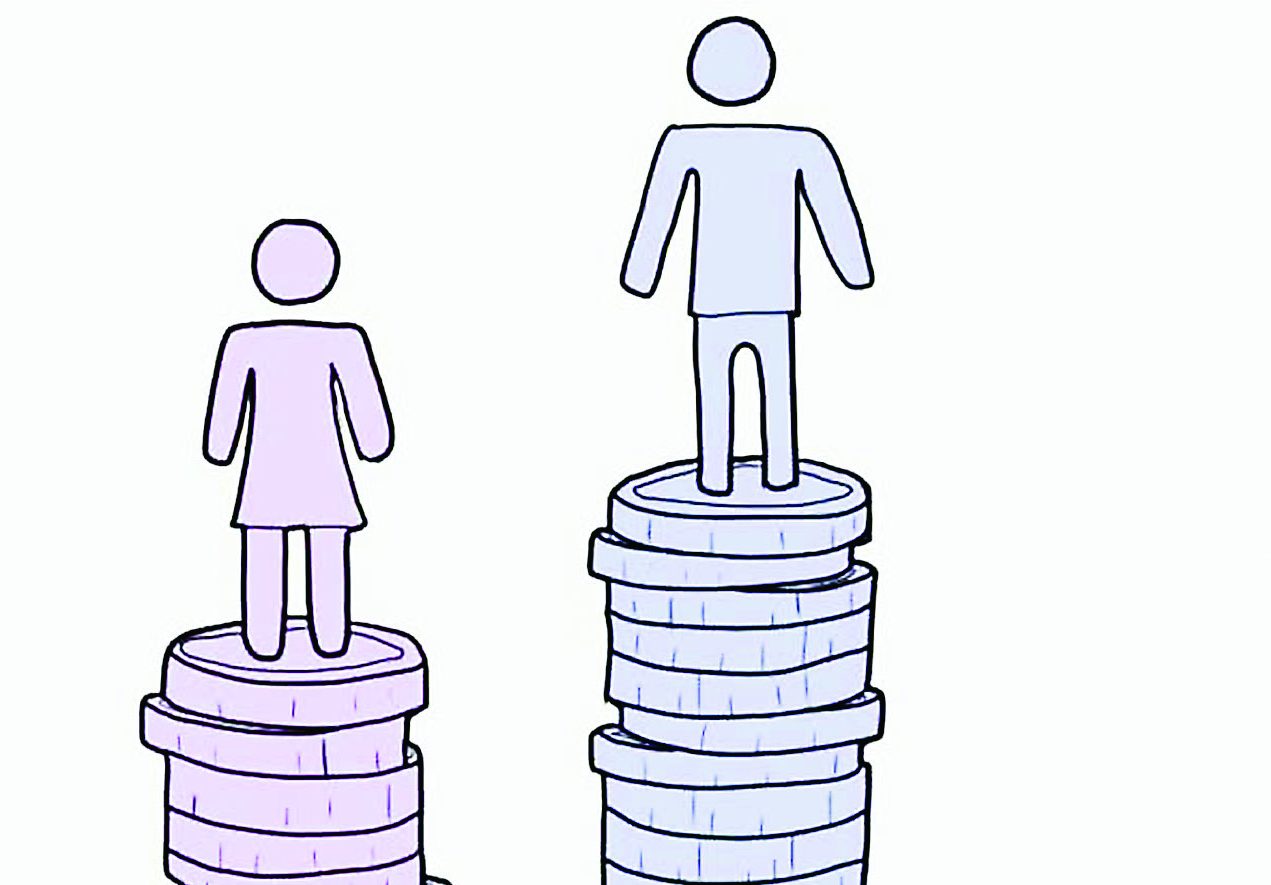
Featured Item

Israel’s new wage-gap bill poses questions for SA
As Women’s Month draws to a close in South Africa, it’s clear there is much work to be done in this country to protect the lives and rights of women. But in Israel, there’s cause for celebration as WIZO’s (the Women s International Zionist Organisation’s) Equal Pay for Women and Men Bill was passed into law by the Knesset this week.
The new law obligates employers to publish an annual report detailing the pay gaps between their male and female employees. This transparency will help women achieve fairness and equality in wages.
It’s the result of intense lobbying by the WIZO Israel, partnered by Knesset member Etty Atia, who sponsored the bill.
As Ora Korazim, the chairperson of WIZO Israel said in media interviews, “This bill is a key milestone in the ongoing and just struggle to reduce gender gaps in the labour market and promote equality in all areas of life. The wage gap between men and women in Israel currently stands at 32% in spite of the fact that there is a law on the books that requires equal pay for both sexes. From now on, every employer will think twice before discriminating when it comes to the wages of their male and female employees.”
The co-president of WIZO South Africa, Tamar Lazarus, says that although the South African branch (WIZO SA) didn’t play a direct role in the initiative, “We take great pride in the achievement of WIZO Israel in this sphere. Every WIZO member, donor, and supporter in South Africa is a partner in this achievement. WIZO SA was founded in direct response to the needs of women and children in Israel.”
Shimon Barit, a research fellow at the University of Stellenbosch Business School, and an expert in gender and public policy, notes that the bill is a “step in the right direction, but it should be just the first step”. Barit published a paper titled “Gender pay transparency mechanisms: Future directions for South Africa” with Professor Anita Bosch of Stellenbosch University in March 2020.
“The Israeli bill says that companies employing more than 518 workers will have to publish annual gender pay gap reports. This is obviously addressed only at large to very large public and private companies, and is most likely trying to avoid putting an additional administrative burden on smaller companies to file larger company reports,” says Barit.
“However, Sweden sets the minimum limit at 10 employees per company; Australia at 100; and the United Kingdom at 250. Smaller countries have smaller workforces, and thus set lower thresholds for reporting. Thus, the reporting requirement for Israel set at 518 is disappointing and is much higher even than South Africa’s current 50 employee threshold for designated employers. Such a high requirement needs to be progressively lowered so that the benefits of gender pay gap reporting are also felt by those working in small and middle-sized businesses.”
Barit examines these points in his paper, which says that, “If South Africa is to dislodge its stagnant gender pay gap, pay transparency – making gender differences in wages known to employees, government and the public – can compel employers to remunerate fairly and equally.”
Speaking to the SA Jewish Report, Barit says that, “In a recent study by Mosomi, the gender pay gap in South Africa was shown to be between 28% and 30%, meaning women earn on average nearly 30% less than men for the same or similar work, or work of equal value. The pay gap has been decreasing since 1994, especially among lower paid workers, but has been shown to be increasing at the executive level. This is especially so in the private sector, as standardised wages are present for those working in public institutions.
“Legally, in South Africa unequal pay for women and men for the same or similar work or work of equal value is an unfair labour practice and also labelled as unfair discrimination. In terms of the Employment Equity Act, certain ‘designated employers’ need to disclose an annual Income Differential Statement as part of their annual reporting to the Employment Equity Commission.
“This document does provide some detail regarding differences in wages between men and women in these companies, but only at racial level, and only at predefined occupational levels. More importantly, such documents are not made public, but are made available to trade unions during wage negotiations. This makes it difficult for a female employee to adequately prove that she has been unfairly discriminated against based on differences in pay with male employees at a certain occupational level.
“The use of public gender pay gap reporting has been recommended by the European Commission as a means of increasing transparency in this regard. In South Africa, this would mainly mean a strengthening of the existing reporting requirement for designated employers to include more detailed information, as well as including public and private employers.
“This information must be more easily digestible when comparing between male and female employees in a company,” says Barit. “Furthermore, this information must at least be available to employees themselves, and more progressively, to the public at large. The reporting framework needs to be backed up by penalties for failing to report adequately in order to give teeth to such reporting requirements.”
Gender activist Lisa Vetten agrees that even though South Africa has legislation aiming to prevent wage-gap discrimination, in reality it’s a lot more complicated. First, occupations are “very gendered”, but there is no law comparing wages in different professions, even if they require the same level of training.
The issue is complicated further by women having children, which leads to them “falling behind” their male counterparts if they take time off. Even if they don’t take time off, men generally spend longer hours at work, which lead to promotions. Finally, race plays a role in pay discrimination. Vetten says that a woman earning less means she’s more dependent on her partner, which may lead to conflict or even abuse.
Human rights lawyer Professor Bonita Meyersfeld says, “The bill is an excellent approach and one that would be seminal in South Africa. In South Africa, unequal pay for the same work with the same qualifications is staggering.”
South African businesswoman Joan Joffe commended the Knesset’s passing of the bill. Although she never faced pay discrimination while working in the corporate world, she says, “I think it’s a bill that needed to be passed. Kol hakavod to WIZO for initiating it and motivating for it.”










